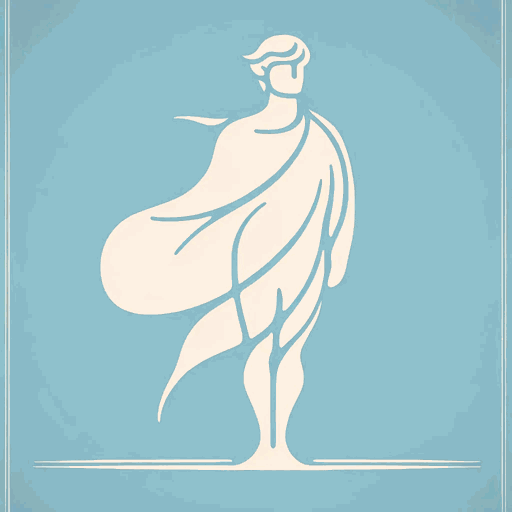52 pages • 1 hour read
Joseph CampbellThe Power of Myth
Nonfiction | Book | Adult | Published in 1991A modern alternative to SparkNotes and CliffsNotes, SuperSummary offers high-quality Study Guides with detailed chapter summaries and analysis of major themes, characters, and more.
Key Figures
Joseph Campbell
Joseph Campbell is a lifelong teacher of comparative mythology and the author of numerous nonfiction books in his field. His most famous works are The Hero with a Thousand Faces, which details the hero’s journey, and The Masks of God, a four-volume survey of world religions, mythologies, and their figures of divinity. Campbell conceived three influential theories within the field of comparative mythology: the monomyth, the four functions of myth, and the evolutionary stages of myth. Throughout his conversation with Moyers, Campbell references and explains these theories in conjunction with primary examples from world myths to explore how myth functions in the individual and society. Campbell’s analysis of myth is primarily psychoanalytical—exploring the inner world of the mind—so he frequently includes theories from psychoanalysts like Jung to support his claims.
Campbell’s tone throughout the book is instructive and assertive. As one of two speakers in the book, he takes on the role of a teacher for Moyers and the reader. Where he has firsthand experience, Campbell includes personal anecdotes to expand upon mythological examples, like his experience in the painted caves or his feeling of a peak experience. Campbell freely admits when he doesn’t know the answer to a question, stating, “I try not to guess” when he doesn’t have enough information (90).
Related Titles
By Joseph Campbell



